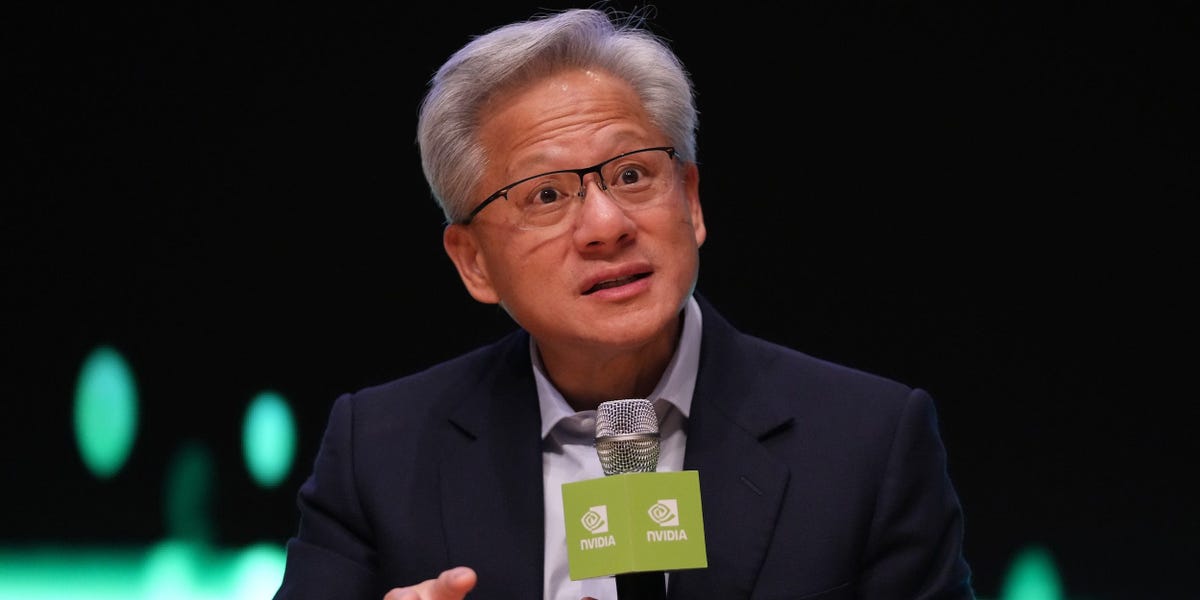The Chinese company Pony.ai, which develops autonomous vehicles, announced its plan to triple its global robotaxi fleet by the end of 2026, underscoring accelerating development and ambition in deploying the technology.
The fleet currently stands at around 961 robotaxi. According to the third-quarter report, by the end of the year the figure is planned to reach 1,000 units, and the 2026 target is to surpass 3,000 robotaxi.
Pony.ai, listed on Nasdaq and the Stock Exchange of Hong Kong, continues to expand its commercial operations: the robotaxi service is already available in Beijing, Shanghai, Guangzhou, and Shenzhen.
Additionally, the company aims to expand beyond China and operates in eight countries, including Qatar and Singapore, through partnerships with local companies and taxi services.
Rolling out robotaxi services simultaneously increases both revenues and costs. In the third quarter, the company reported revenue of $25.4 million, up 72% from the same period last year. Pony.ai’s shares on Nasdaq rose by more than 6% after the earnings release.
The company notes that revenue growth is driven by robotaxi services and licensing the technology to other companies. In the revenue mix, the breakdown includes: $6.7 million from robotaxi, $10.2 million from autonomous trucks, and $8.6 million from licensing and related payments.
However, the company’s costs exceed its revenue: in the third quarter Pony.ai reported a net loss of $61.6 million, up 46% from the corresponding period in 2024. Cash reserves as of September 30 stood at $587.7 million, down from $747.7 million at the end of the second quarter. According to the company, about half of the decline was due to a one-off outflow of funds, notably due to an investment in a joint venture with Toyota to support the production and rollout of Gen-7.
Global expansion and partnerships
As part of its strategy, Pony.ai continues to broaden its presence outside China thanks to partnerships with local companies and platforms, including Bolt and Uber, which help bring the technology to the global market.
The company operates in eight countries, including Qatar and Singapore, leveraging local partnerships and collaboration with private and corporate clients.
Financial trends and future challenges
While revenues are growing, Pony.ai must balance costs with development plans and investments in technology and expanding its robotaxi fleet.
Looking ahead, the company reaffirmed the goal to increase the fleet to more than 3,000 robotaxi by the end of 2026, underscoring strong ambition in the autonomous mobility sector and competitiveness on the global stage.









